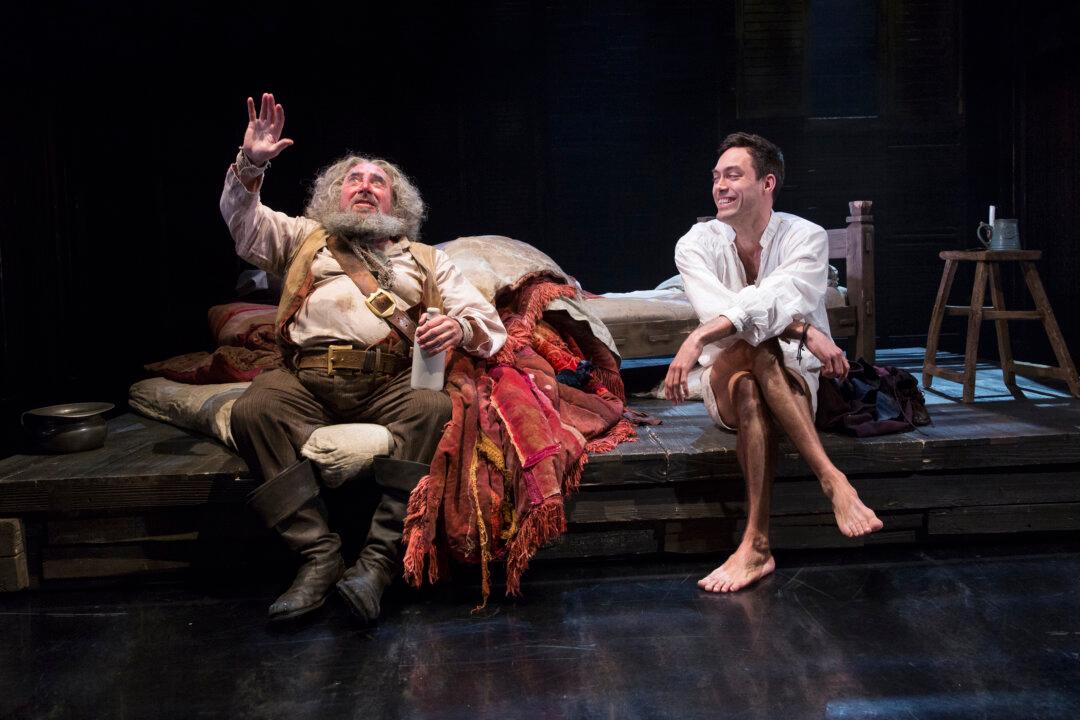NEW YORK—To mark this year’s 400th anniversary of William Shakespeare’s death, a series of four of his history plays is being presented at Brooklyn Academy of Music (BAM) via Britain’s Royal Shakespeare Company’s “King and Country: Shakespeare’s Great Cycle of Kings.”
Remarkably, much of the series’s contents parallel the present political climate here at home. The tetralogy, known as “The Henriad,” encompasses leadership—both positive and negative: competitiveness, slander, greed, underhandedness. One need only watch the evening news to see these elements played out.
In a performance rich with subtlety, David Tennant is alternately arrogant or sullen.





